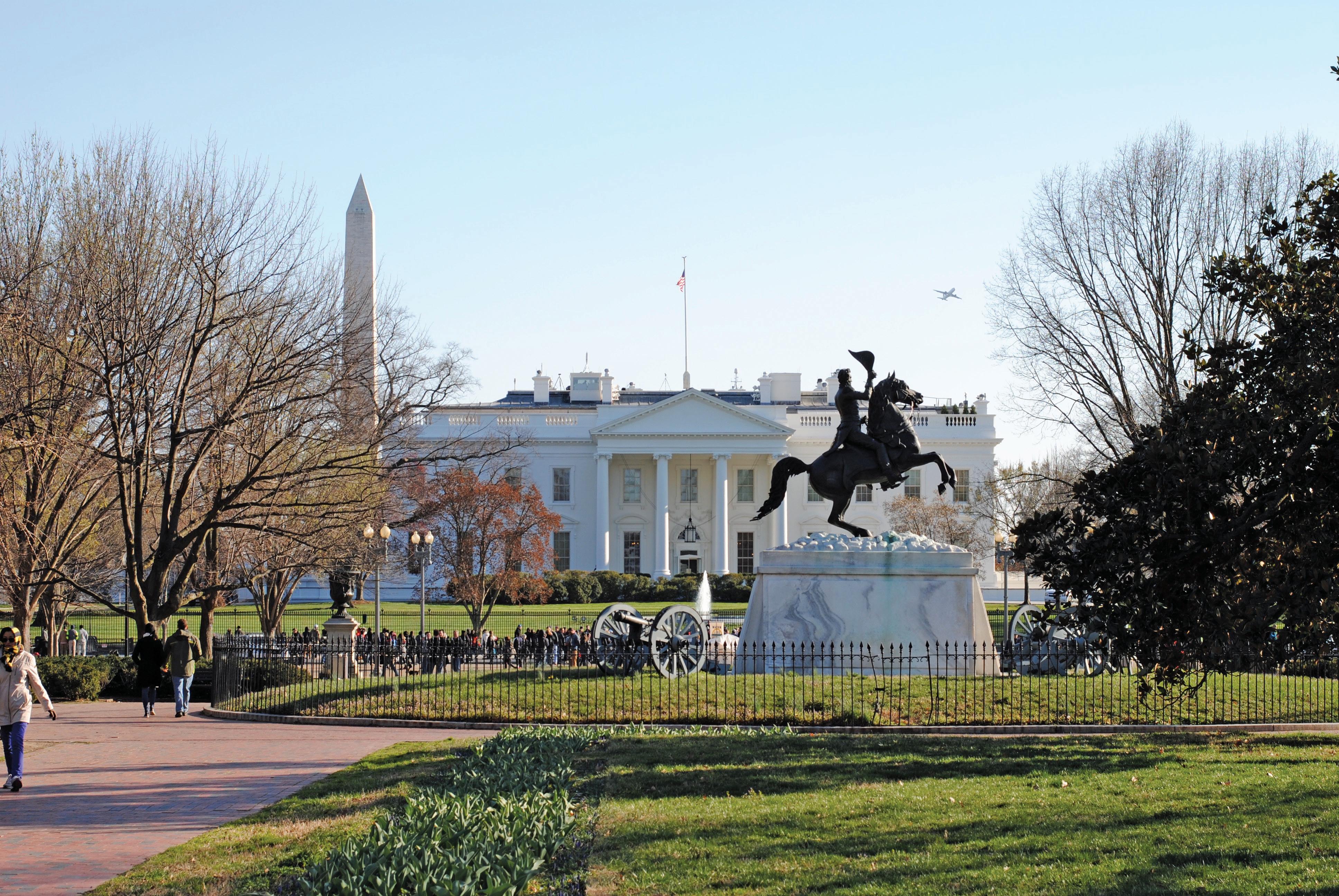“No Poach” Penalty: Criminal Charges From DOJ By ROSALIA FIORELLO
On January 7, 2021, the U.S. Department of Justice (“DOJ”) issued a press release wherein a federal grand jury returned a two-count indictment charging Surgical Care Affiliates LLC (“SCA”), for agreeing with competitors not to solicit senior-level employees. This is the DOJ’s first-ever criminal charges alleging a group of employers agreed not to hire away each other's senior-level employees. According to the press release, SCA, one of the largest outpatient providers in the United States, entered into agreements with competitors not to poach each other's executive talent, in violation of federal antitrust law. SCA allegedly conspired with a Texas health care company not to solicit each other's executives. The press release indicated that SCA allegedly reached a similar deal with a Colorado company between 2012 and 2017. To read the DOJ’s full press release, visit https://www.justice.gov/opa/pr/health-care-company-indicted-labormarket-collusion. As evidence of the above-mentioned alleged agreements, the indictment details various emails between SCA and unnamed co-conspirators, including, for example, an email in which one co-conspirator’s CEO emailed its employee the following statement: “I had a conversation with [SCA’s CEO] re people and we reached agreement that we would not approach each other’s proactively.” Another email cited in the indictment was directed from a co-conspirator to SCA’s CEO, “Just wanted to let you know that [recruiting company] is reaching out to a couple of our execs. I’m sure they are not aware of our understanding.” The indictment further contains allegations of the impact of the agreement. Of note, the indictment alleges that a Human Resource employee at one company emailed a recruiter, advising the recruiter that a candidate looked great but that she, “can’t poach her” because the candidate worked for SCA. To read the indictment in full, visit https://www.justice.gov/opa/press-release/file/1351266/download. In general, no-poach agreements involve an agreement with another company not to compete for each other’s employees, such as by not soliciting or hiring them. No-poach agreements are “naked” if they 16
www.HRProfessionalsMagazine.com
are not reasonably necessary to any separate, legitimate business collaboration between the employers. A wage-fixing agreement on the other hand, involves an agreement with another company regarding employees’ salary or other terms of compensation, either at a specific level or within a range. Naked no-poach and wage-fixing agreements are per se unlawful because they eliminate competition. Specifically, no-poach agreements make it difficult for employees to negotiate better terms of employment for themselves. Legal competition amongst employers helps both employees and potential employees compete for higher wages, better benefits, and other relevant terms of employment. Moreover, market competition among employers aids consumers. Simply put, a more competitive workforce may generate better goods and services for the general public. The SCA indictment should not come as a surprise to those closely following the DOJ’s intent to proceed criminally against no-poach and wage-fixing agreements. In October 2016, the DOJ ran a public campaign warning companies about no-poach agreements and the efforts federal antitrust agencies have taken to enforce actions against employers that have agreed not to compete for employees. The campaign resulted in a publication titled, Antitrust Guidance for Human Resource Professionals. The Guidance outlines an individual likely is breaking the antitrust laws if they, 1) agree with individual(s) at another company about employee salary or other terms of compensation, either at a specific level or within a range (so-called wage-fixing agreements), or 2) agree with individual(s) at another company to refuse to solicit or hire that other company’s employees (so-called “no poaching” agreements). Keep in mind it does not matter whether the no-poach is informal or formal, written or unwritten, spoken or unspoken; it still violates federal law as there may be evidence that could lead to an inference that the individual has in fact agreed to do so. See, https://www.justice.gov/ atr/file/903511/download.























